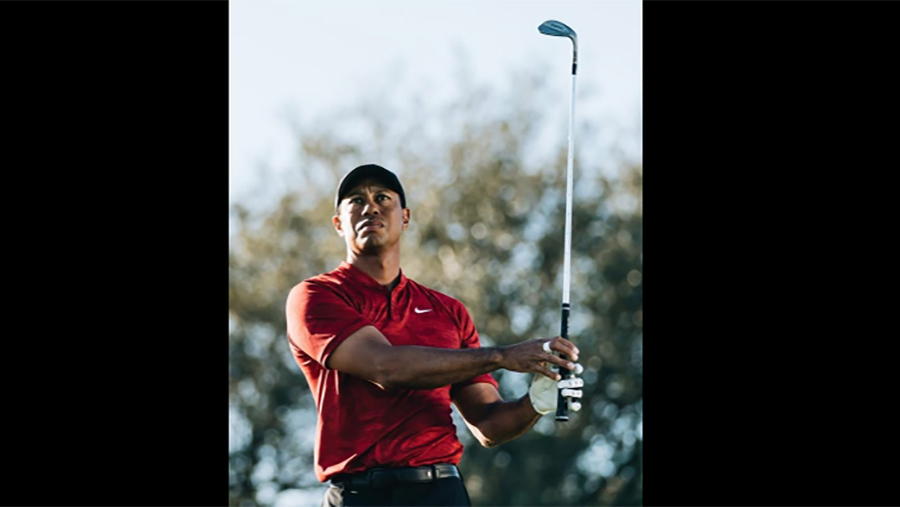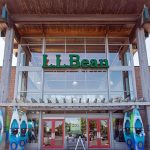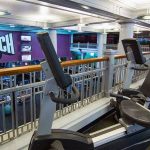Moody’s Investors Service assigned a B1 Corporate Family Rating (CFR) and a B1-PD Probability of Default Rating to 19th Holdings Golf, LLC, the parent of TaylorMade golf brand. The company is seeking a $1,050 million first-lien term loan.
Moody’s also assigned a B1 rating to the company’s proposed $1,050 million first-lien term loan B. The outlook is stable.
In August 2021, the private equity firm Centroid Investment Partners acquired TaylorMade from Adidas for $1.9 billion. TaylorMade is now seeking to raise a $1,050 million first-lien term loan B, proceeds of which will be used to refinance existing debt that was utilized to fund the Centroid buyout and related transaction fees and expenses. The company also plans to put in place a new $300 million asset-based revolver (ABL) that will not be rated and will be undrawn at close. Pro-forma for the transaction, the company will have a total debt-to-EBITDA of 5.1x based on Moody’s calculation as of the projected period ending December 31, 2021.
Moody’s said it expects that consumer behavior will continue to benefit TaylorMade over the next 12-18 months as disruptions from the coronavirus and various variants linger.
Moody’s expects golfing will remain strong in 2022 given it is conducive to social distancing. However, there remains a risk that some participants may reduce golfing as the coronavirus subsides. As families and office workers return to normal activities, there may also be constraints on the availability of golfer’s time to play the sport given the time investment necessary to practice and play. Further, the broadening of vacation travel alternatives may reduce participation and spending on golf equipment as consumers could shift focus to other activities even though golfers often incorporate golf activities into travel plans. This risk is partially mitigated with TaylorMade’s new Stealth Carbonwood product launches, global market share gains in golf balls and focus on international expansion, particularly in Asia.
Moody’s expects that TaylorMade’s 2022 sales will grow by approximately 6 percent reflecting new product launches and the continued popularity of the sport with some offset from strong pandemic-related growth. In 2022, sales and EBITDA growth will moderate to 2 percent to -3 percent per year as the company will continue to increase pricing as new technologies and features are rolled out.
Moody’s also expects TaylorMade will generate a free cash flow of $60 million to $70 million per year and that debt-to-EBITDA will decline to around 4.5x to 4.75x by the end of 2022 due to EBITDA growth and some debt amortization. Nevertheless, there is some risk that TaylorMade’s revenue and EBITDA will fall in 2022 if consumers shift away from golf. However, there is a cushion in its financial profile to support a modest pullback in operating performance as the company has the ability to repay debt with cash on hand and free cash flow to offset any potential headwinds.
Moody’s expects TaylorMade can maintain debt-to-EBITDA at or below 5.0x in such a scenario. The company’s liquidity will remain good over the next 12 months supported by cash balances of $200 million as of September 30, 2021 and an unused $300 million ABL facility expected to be put in place as a result of the new capital structure.
Ratings Rationale
Moody’s said, “TaylorMade’s B1 Corporate Family Rating (CFR) reflects its product concentration in the golf business that is highly discretionary and negatively affected by economic downturns as well as highly competitive end markets with other large golf equipment manufacturers. TaylorMade must continuously invest in new product development and marketing to maintain brand strength and market share. TaylorMade’s credit profile is also constrained by high financial leverage of approximately 5.1x Moody’s adjusted debt to EBITDA (proforma for the transaction as of projected December 31, 2021) and Moody’s expectation for an aggressive financial policy under private equity ownership. Earnings have grown meaningfully in the last two years due to increased golf participation amid the coronavirus that led many consumers to reduce travel and other entertainment in favor of socially distanced activities such as golf. Sustainability of the earnings level is a risk with the potential that reduced golf participation will translate to lower equipment sales as the coronavirus pandemic eases. These factors weakly position the company within the B1 rating category. Offsetting these risks are TaylorMade’s strong brand name, leading market position in golf equipment, broad appeal among golf players and global diversification. The company’s focus on innovation of golf equipment enhances player performance and results in a strong market share. The company’s products are used by elite golf players that further provide brand strength throughout the golf community. The credit profile also reflects TaylorMade’s large scale within the golf equipment industry with revenue of around $1.4 billion for the last twelve-month period ending September 30, 2021.
“The coronavirus outbreak and the government measures put in place to contain it continue to disrupt economies and credit markets across sectors and regions. Although the economic recovery is underway, it is tenuous, and its continuation will be closely tied to the containment of the virus. As a result, there is uncertainty around Moody’s forecasts. Moody’s regards the coronavirus outbreak as a social risk under its ESG framework, given the substantial implications for public health and safety. The consumer durables industry is one of the sectors most meaningfully affected by the coronavirus because of exposure to discretionary spending. Moody’s expects that consumer interest in golf will continue to benefit TaylorMade over the next year as golfing will remain strong given it is conducive to social distancing, but there is the risk of demand falling as the coronavirus pandemic eases.
“Environmental factors have a moderate impact on TaylorMade’s credit profile. Because the company utilizes various metals, resins, energy, and other raw materials in the production process of its products, there is some environmental risk. The company must responsibly source raw materials and refine manufacturing processes to minimize the environmental effects.
“Governance factors take into account an aggressive financial policy and high leverage with private equity ownership. TaylorMade’s closing debt-to-EBITDA leverage of 5.1x (Moody’s calculated) is high and ownership by a private equity firm increases the risk of shareholder-friendly activities. The company has grown organically and Moody’s does not expect acquisitions to be a meaningful focus.”
Photo courtesy Taylor Made
















